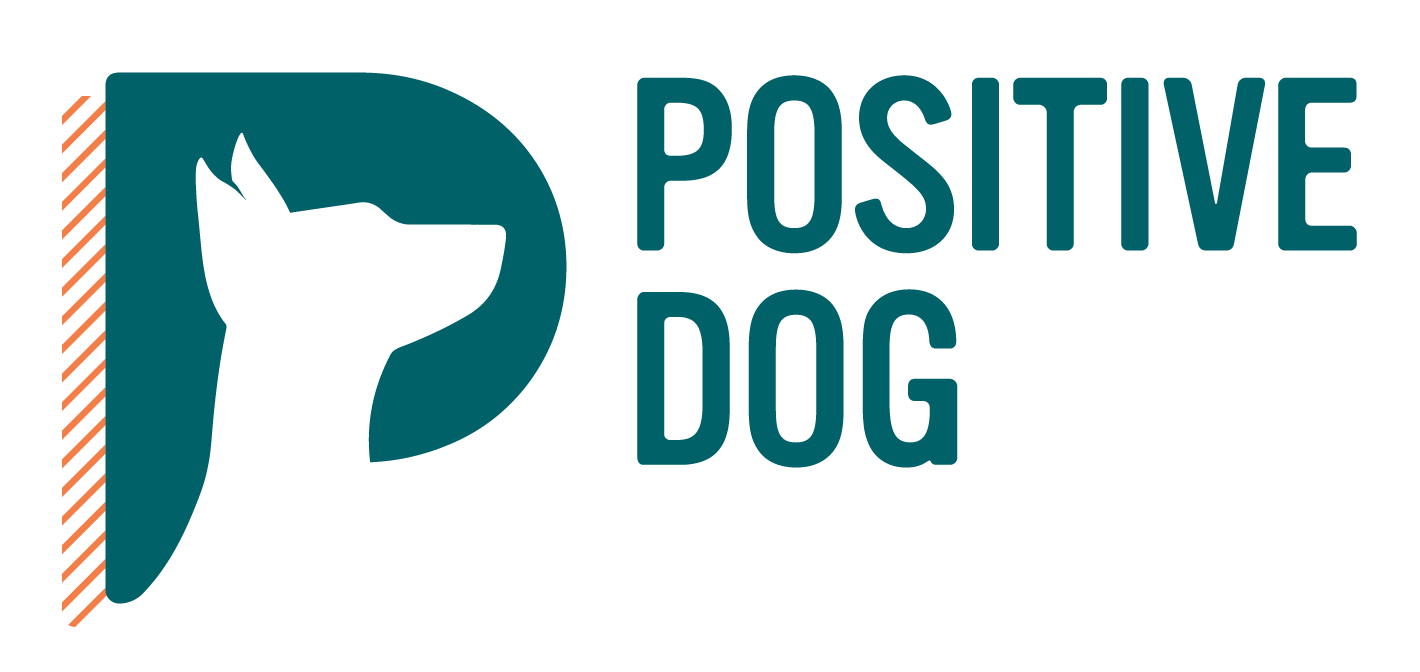 Wouldn’t it be nice to have a dog who can sit or lie quietly while another dog passes. Do you wish your dog could at least walk by another dog without more than passing interest. Why do so many of us struggle with this skill?
Wouldn’t it be nice to have a dog who can sit or lie quietly while another dog passes. Do you wish your dog could at least walk by another dog without more than passing interest. Why do so many of us struggle with this skill?
Puppy Socialization
 (Please contact me if you do not know how to properly socialize your puppy)
(Please contact me if you do not know how to properly socialize your puppy)
If you brought your dog home as a puppy, you likely spent a lot of time actively socializing. The new puppy met hundreds of dogs and people, including people in hats, people with umbrellas and wheelchairs, people with beards, shaggy dogs, big dogs, small dogs, cats… There are more than a few checklists out there to follow to ensue you have a well socialized pup who will grow up to have no issues.
Maybe that was wrong?
Socializing your dog is a good thing. HOWEVER, many people equate socializing with allowing their dog to practice rude behaviour. PLEASE, PLEASE do not allow your puppy or new dog run up to other dogs or people just because “he’s friendly!” Envision how you would like your 5 year old dog to behave. Are you teaching your puppy to behave that way? At what point is he learning to be a polite greeter?
Bob is a very friendly guy. He LOVES hugs! Bob runs up to random people and dogs on the street and gives them unsolicited bear hugs. Bob meets a few people and dogs who really enjoy his hugs, but he receives many negative reactions and scares quite a few people.
Don’t let your dog be like Bob. Just because your pup is friendly, it doesn’t mean it is ok to be rude and pushy. Good manners start with calmness, thoughtfulness, and self control. Some dogs are born with these skills , most dogs need to be taught them.
But My Dog is a Rescue 
Thank you for taking the time to find and save a dog who needed you. I have a few rescue dogs too. Even though a dog has been rescued from a bad situation, it does not mean that rude behaviours are OK. Retraining established and previously reinforced behaviours takes time and patience.
Many dogs who were never exposed to other dogs, or who lived on a chain or behind a fence, learn to be frustrated when they see another dog. This is a very common source of leash or fence reactivity.
Take the time to train your new dog as though they were a new puppy. It is never too late to start this, even if you have had your dog for months or years.
Start From a Place of Success
 How far away from the exciting/scary things do you have to be so that your dog can relax? Start there. Add difficulty a little at a time and in short sessions. Your pup will learn more quickly if he starts from a place of success rather than failure. To help build calmness, we want our dogs high on dopamine, not high on adrenaline.
How far away from the exciting/scary things do you have to be so that your dog can relax? Start there. Add difficulty a little at a time and in short sessions. Your pup will learn more quickly if he starts from a place of success rather than failure. To help build calmness, we want our dogs high on dopamine, not high on adrenaline.
